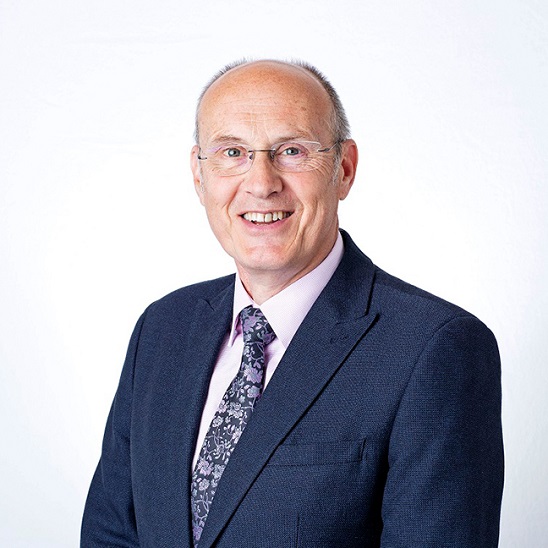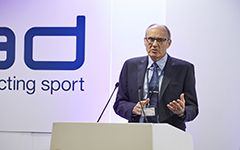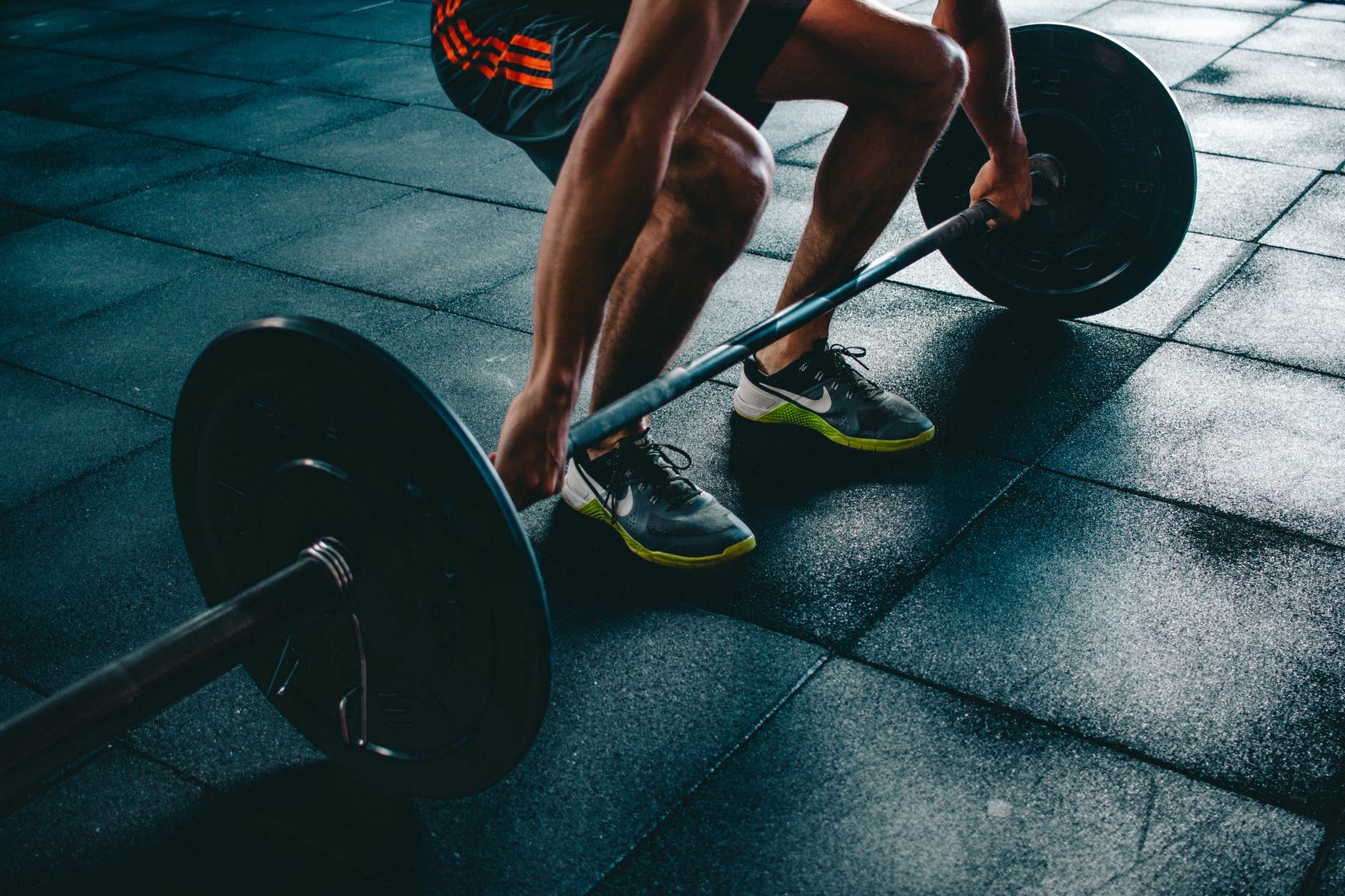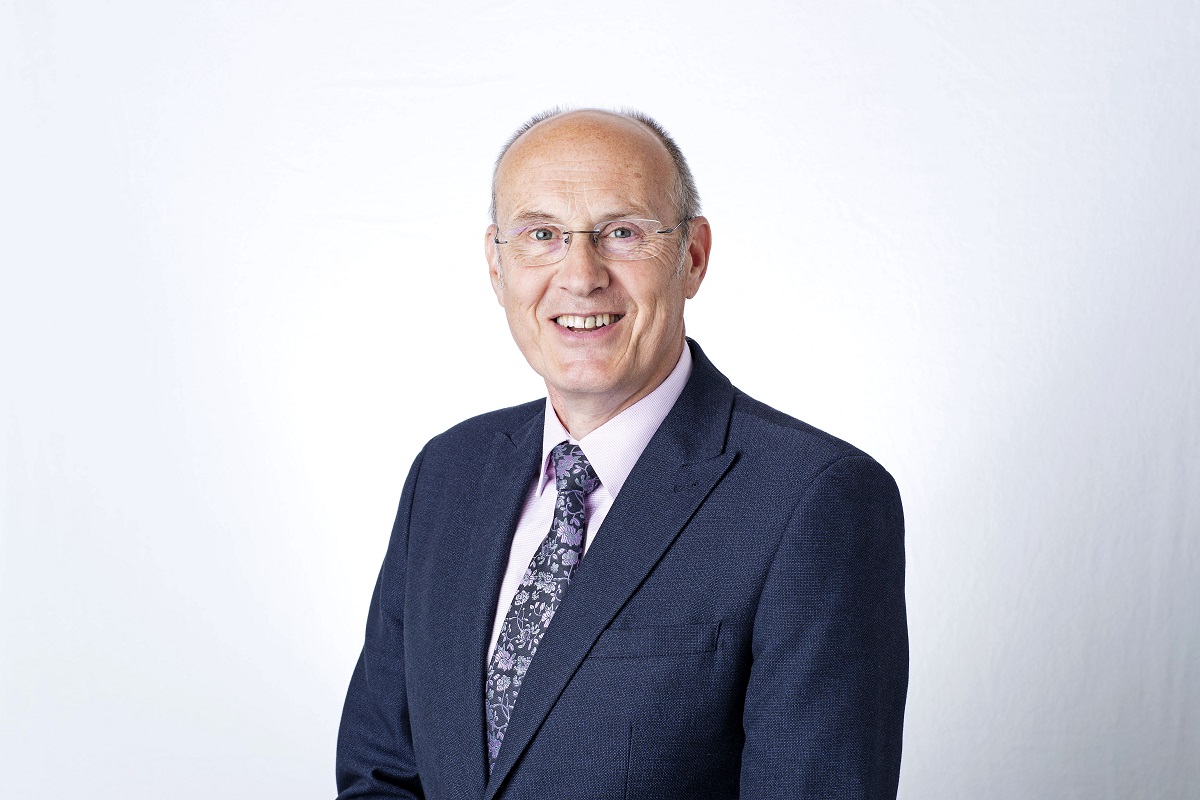Blog from Trevor Pearce, the outgoing Chair of UK Anti-Doping: Clean sport is the only future worth competing for
By Trevor Pearce, Outgoing Chair, UK Anti-Doping

This month marks the end of my time as Chair of UK Anti-Doping (UKAD), and with it, the close of nearly a decade on the organisation’s Board. It has been a true privilege to serve alongside so many dedicated individuals working to protect clean sport – from athletes and staff to National Trainers, Doping Control Personnel, Innovation and Athlete Commissions, Board members, public servants, coaches and partners across the sporting landscape.
As I reflect, I do so with a mix of pride and urgency. Pride in how far we’ve come – in doubling UKAD’s capacity during my tenure, in innovations like our Data Analytics capabilities, and in the groundbreaking Assurance Framework: a set of guidelines and requirements that help National Governing Bodies reduce the risk of doping and raise standards across UK sport. And pride in the way we’ve earned recognition among global anti-doping bodies.
But there’s also urgency, because despite our progress, the threats to clean sport are evolving, and in some cases, growing louder.
This year’s Clean Sport Week – UKAD’s flagship awareness campaign – focused on ‘The Next Generation’. And rightly so. Our recent survey showed that young people in the UK care deeply about fair play. Over 65% of teenagers surveyed said they would be ‘disappointed’ or ‘really concerned’ to hear of doping in elite sport. They reject shortcuts. They want sport to be about achievement, not pharmacology.
One of the most alarming developments in recent years is the so-called Enhanced Games – a proposed event that openly glorifies performance-enhancing drugs under the guise of celebrating "scientific progress." This is not bold or innovative; it is reckless and dangerous. It undermines the core values of sport: fairness, health, and integrity. Respected research has highlighted the serious physiological and psychological harms of image and performance-enhancing drugs (IPEDs), including anabolic steroids. Promoting their use as entertainment is not only irresponsible – it is unethical.
Public sentiment reflects this concern. Our survey revealed that two in three UK adults would not allow their children to watch the Enhanced Games, and over half of teenagers said they wouldn’t watch either. Many rightly labelled the event as cheating, dangerous, and unfair. We must listen to these voices and shield young people not just from harmful substances, but from the toxic idea that chemically enhanced "success" is aspirational. There may also be significant legal consequences: anabolic steroids are Class C controlled substances in the UK, and it is a criminal offence to import, supply, or facilitate their supply. Those involved – athletes, coaches, organisers, and venue hosts – risk prosecution. The law sees this for what it is, and so should we.
At UKAD, we’ve always stood for more than simply catching cheats. We’ve stood for education, prevention, and culture change. Our work with National Governing Bodies – who have engaged deeply with the Assurance Framework – has extended our collective reach and is now a model being acknowledged internationally and has the potential to apply across other ‘integrity’ issues in sport.
Beyond our national footprint, UKAD's reach is truly international. We’ve forged strong relationships with the Commonwealth Games Federation, the World Anti-Doping Agency (WADA), and the Institute of National Anti-Doping Organisations (iNADO), and we have supported numerous National Anti-Doping Organisations (NADOs) around the world in strengthening their programmes. At home, our influence is equally profound. From the approximately 18,000–20,000 elite athletes in our National TUE Pool and testing pools, to the 150,000 talented young athletes across Home Nation pathways, right through to the 10 million children participating in school sport and the 26 million recreational athletes – our clean sport mission has unprecedented potential reach. These figures highlight the scale of our opportunity: not only to protect sport at the elite level, but to inspire a culture of integrity, fair play and health from playgrounds to podiums.
We’ve also worked with partners like the British Olympic and Paralympic Associations, UK Sport, home country Sports Councils and sports’ governing bodies on a major games programme that has supported three summer Olympic/Paralympic Games, two winter Games, and two Commonwealth Games – including the hugely successful Birmingham 2022. Our partnership with the Doping Control Centre at King’s College London is central to the delivery of all our work. These collective and collaborative efforts matter because major events are where the values of clean sport are most visibly tested – and most powerfully upheld.
There are still challenges ahead. The risk of contamination cases reminds us that the global anti-doping regime must continue to improve. But we must also remember the sheer scale of what the anti-doping community is trying to achieve: a rule-based, consistent global system covering nearly 160 countries, hundreds of international federations, and major events organisations – unparalleled in sport.
I’m also proud that we’ve made our voice heard across broader issues of sports integrity and public health – particularly concerning image and performance-enhancing drugs. UKAD holds important knowledge, and we must continue to share it widely.
I leave UKAD confident in its people, its partners and purpose. The professionalism, resilience, and commitment of the team – many of whom I’m proud to call friends – has never wavered. They will continue to lead, to innovate, and to fight for the values that sport at its best embodies.
Clean sport is not always easy. But it is always worth it.
We owe it to the next generation to protect it.



